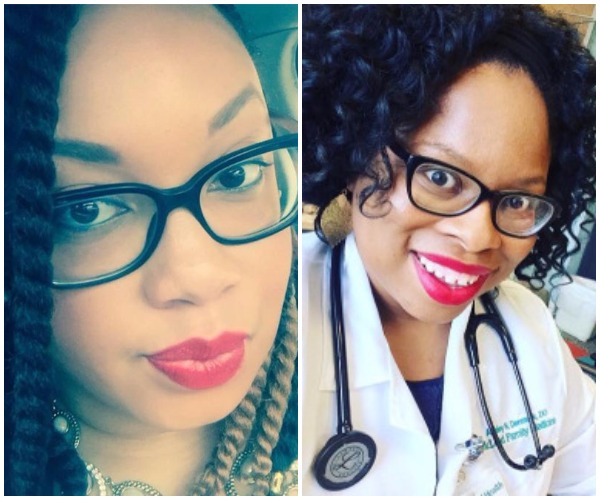Tamika Cross is an OBGYN from Houston, Texas. While on a Delta flight from Detroit to Minneapolis, a fellow passenger became unresponsive. As his wife screamed for help, a flight attendant called for any qualified physician onboard to help. Cross raised her hand to volunteer. Flight attendant’s response?
Oh no, sweetie, put your hand down. We are looking for actual physicians or nurses or some type of medical personnel, we don’t have time to talk to you.
Clearly she was joking, right? Just like Ashley Denmark, a Doctor of Osteopathic Medicine (in simple terms, qualified in all areas of medicine) who was given a similar response by a Delta flight attendant in a similar situation not too long before Tamika Cross’ incident.
They were just messing with those flight attendants, right? Maybe a little too eager to help? What does that conversation actually look like? A doctor with 11 years of experience pulls out her badge, is questioned for several minutes while a passenger needs urgent help, and is told, “We have nurses handling the situation, it’s okay ma’am.” Really?
Ma’am, your “Osteopathic Medicine” is great and all, but these lovely fair-skinned nurses are already on it. We understand you might be more “qualified” to help, but I’m gonna trust my internal bias here and tell you to have a seat. We’ll call if we need anything!
There’s no other way to account for the resistance these doctors were met with. Whatever those flight attendants attached to the term “Black women” took priority in their head over badges of qualification. If it wasn’t the case, Dr. Denmark would have been treated as respectfully as the two nurses were. If it wasn’t the case, Delta wouldn’t have admitted to their employees’ discriminatory behavior.
These stories have prompted the Twitter trend #WhatADoctorLooksLike, the latest in a series of trends meant to correct our assumptions of what high-level professionals look like. In a world that constantly tries to defeat Black women, statements like this are necessary.
Say @Delta , since some of your employees need a course on what a physician may look like, here are a few for you… #WhatADoctorLooksLike pic.twitter.com/zIvr6tLCMY
— Taara Sultaana (@TaaraSultaana) October 14, 2016
In case you were wondering @Delta – this is #WhatADoctorLooksLike #TamikaCross pic.twitter.com/EGiJ6HiW5R
— Nneoma, MD (@nneomamd) October 14, 2016
In response to Dr. Tamika Cross’ horrific experience with Delta Airlines ..This is #whatadoctorlookslike #womeninmedicine #blackwomandoctor pic.twitter.com/3B3FGIHp2j
— Dr Tania (@lifewellcenter) October 13, 2016
But similar to trends like #womeninscience, the problems are deeper than a lack of recognition. In fields like medicine, representation of women and people of color is low to begin with. This doesn’t invalidate the efforts of these women. However, the takeaway for someone seeing this trend should not be, “Okay, we see you, scarce number of Black women in medicine.” What it should be is, “Oh, we need more images of this. My kids can’t grow up thinking this is rare.”
